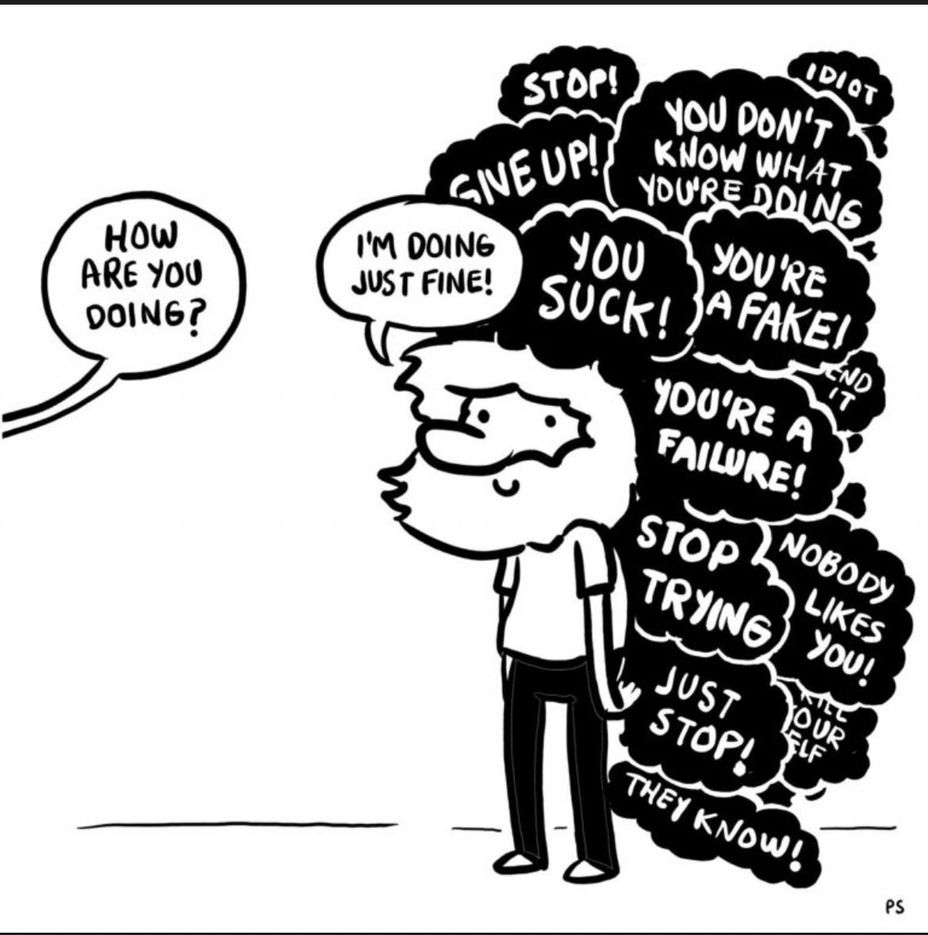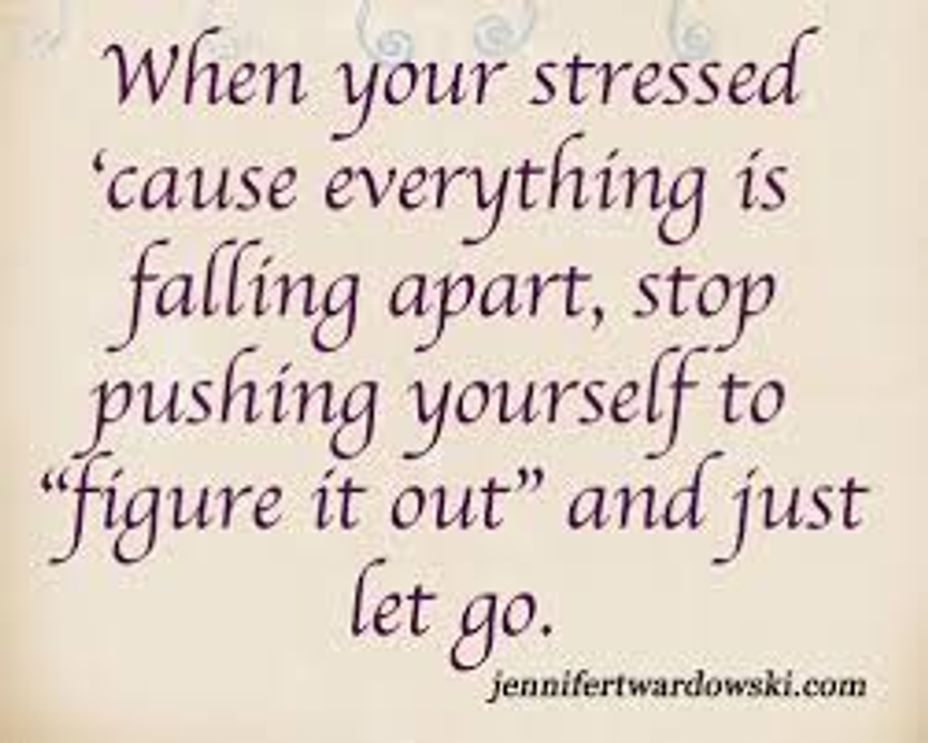Introduction:
Somewhere between caring for others and forgetting to care for themselves, millions of women carry silent storms. You’d never guess it looking from the outside—the calm smile, the to-do list checked off, the warm laughter echoing through a room. But beneath it all? There’s often an ache, a fatigue, a loneliness no one notices. I know this not just as a doctor, but as a woman, a mother, a daughter who recently lost the pillar of her world—my father.
Grief doesn’t knock; it breaks in.
That loss didn’t just leave an empty chair at the table. It triggered waves of emotional exhaustion, sleepless nights, and a strange heaviness I couldn’t explain. And yet, I still had to show up—at work, for my children, for everyone. That’s what women do, don’t we?
But why must we?
The Invisible Weight Women Carry:
Mental health struggles among women often wear a different mask—one of resilience, multitasking, and smiling through pain. From postpartum depression to burnout, from anxiety in silence to trauma tucked away for decades—women are taught to endure rather than express. And when they do speak up? They’re too often labeled as “too emotional,” “too sensitive,” or “too much.”
We are not too much. We are carrying too much.
A Doctor’s Lens, A Human Heart:
Working in medicine, I’ve seen too many women slip through the cracks. A young mother ashamed to admit she cries in the shower every night. A professional drowning in imposter syndrome. An elder in denial of her depression, having been told her whole life to “stay strong.”
I’ve been in all their shoes. And no textbook prepared me for that.
Barriers Beyond Biology:
Mental health is not just a chemical imbalance—it’s a social imbalance, too. Cultural stigmas, gender roles, financial dependence, lack of access to care, and an internalized guilt for putting oneself first—these are the chains that often keep women from healing. Let’s call them what they are: barriers built by systems, not by weakness.
Breaking the Silence, Together:
We need to change the narrative. And it starts with listening—really listening—to women’s stories without judgment or rushed solutions.
Here are small but powerful steps we can take:
Normalize therapy—it’s strength, not surrender.
Talk openly about grief, anger, guilt—emotions are valid, not shameful.
Create safe spaces for women to share without being “fixed.”
Advocate for workplace mental health support, maternity mental care, and trauma-informed approaches in healthcare.
My Personal Mission:
After my father’s death, I realized I had never truly paused to process life’s traumas. My journey through grief awakened a deeper calling in me—not just to treat symptoms, but to understand suffering. Today, I’m not just healing myself. I’m holding space for other women to heal too.
I’ve started writing, speaking, and showing up more authentically—not just as “Dr. Tamanna Islam Nishat,” but as a fellow woman on a deeply human journey.
Closing Thoughts:
If you’re reading this and carrying a silent storm—know this: you are not alone. You don’t need to have it all together. You don’t need to be everything to everyone. Your mental health matters. You matter.
Let’s rewrite the narrative of women’s mental health—not with shame or silence, but with storytelling, support, and a fierce kind of compassion.




